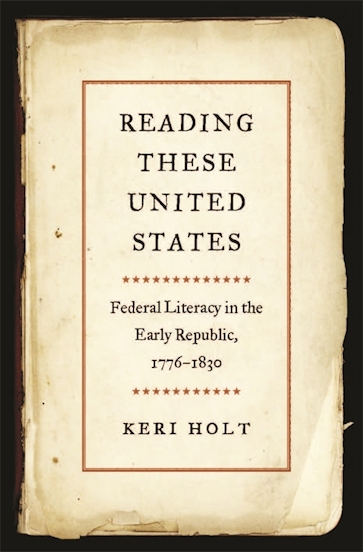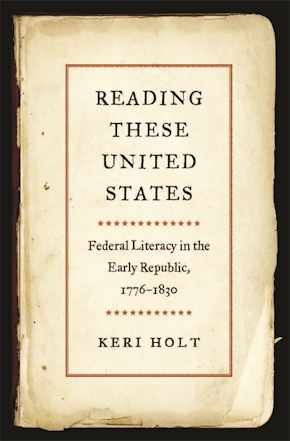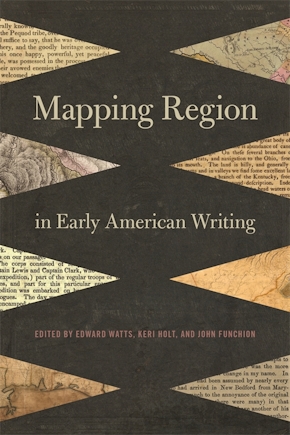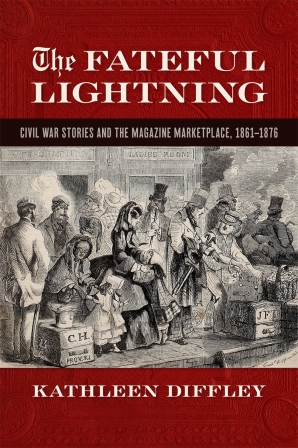Reading These United States
Federal Literacy in the Early Republic, 1776–1830
Title Details
Pages: 314
Illustrations: 20 b&w images
Trim size: 6.000in x 9.000in
Formats
Hardcover
Pub Date: 01/15/2019
ISBN: 9-780-8203-5453-8
List Price: $57.95
eBook
Pub Date: 01/15/2019
ISBN: 9-780-8203-5452-1
List Price: $57.95
Paperback
Pub Date: 09/01/2023
ISBN: 9-780-8203-6614-2
List Price: $34.95
Reading These United States
Federal Literacy in the Early Republic, 1776–1830
Exploring the development of American political culture and nationalism through its early texts
Skip to
- Description
Reading These United States explores the relationship between early American literature and federalism in the early decades of the republic. As a federal republic, the United States constituted an unusual model of national unity, defined by the representation of its variety rather than its similarities. Taking the federal structure of the nation as a foundational point, Keri Holt examines how popular print—including almanacs, magazines, satires, novels, and captivity narratives—encouraged citizens to recognize and accept the United States as a union of differences. Challenging the prevailing view that early American print culture drew citizens together by establishing common bonds of language, sentiment, and experience, she argues that early American literature helped define the nation, paradoxically, by drawing citizens apart—foregrounding, rather than transcending, the regional, social, and political differences that have long been assumed to separate them.
The book offers a new approach for studying print nationalism that transforms existing arguments about the political and cultural function of print in the early United States, while also offering a provocative model for revising the concept of the nation itself. Holt also breaks new ground by incorporating an analysis of literature into studies of federalism and connects the literary politics of the early republic with antebellum literary politics—a bridge scholars often struggle to cross.



